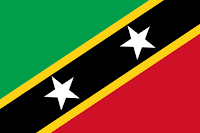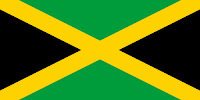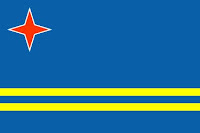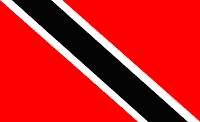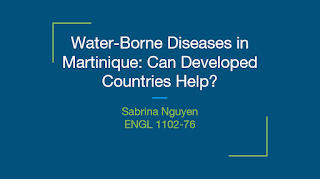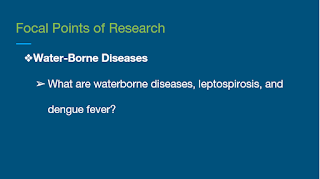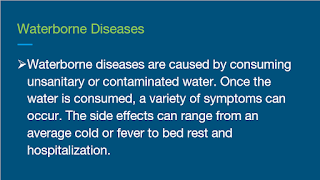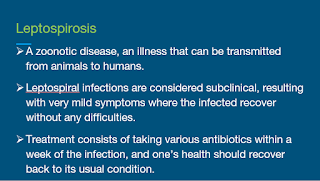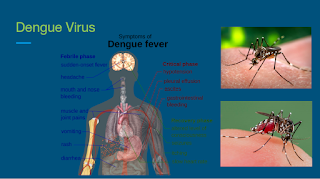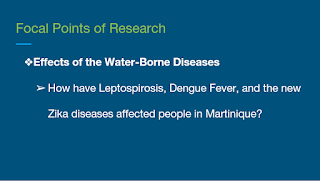3, 2, 1... LET THE RESEARCH BEGIN!
This week I began my research on Martinique, and so far it has not been a swift and easy Caribbean breeze!
At the beginning of the research, I was very excited to learn more about my Caribbean country! I love art and music, and was hoping that the beautiful island of Martinique specialized in fine arts, but unfortunately all the information I could find regarding the island had to do with waterborne diseases. I looked and looked for articles, books, and even studies about art in the Caribbean, but it was very rare that my island had anything to do with the things I found. After many deep sighs, I began to look into waterborne diseases and its effect on Martinique.


I'm not going to lie, it took me a while to warm up to the idea of writing about waterborne diseases. I tried my hardest to not think about writing about that topic, but alas it was time to tell Professor Harris what my topic was. Like, really? I have to research, present, AND write about how mosquitoes have affected Martinique's water? While some struggled because there was a lack of information on their topic, I struggled because there was too much! There was a plethora of case studies, articles, and books about waterborne diseases in Martinique- it was hard to gather them all! After reading through many case studies, I decided to focus on leptospirosis and dengue fever.

From here on, with all the articles and information I read on how leptospirosis and dengue fever have affected Martinique, I planned my research! Focal points being what waterborne diseases, leptopsirosis, and dengue fever are, how waterborne diseases have affected the people of Martinique, and how to prevent these zoonotic viruses from occurring on the island.
